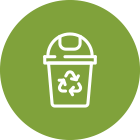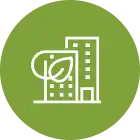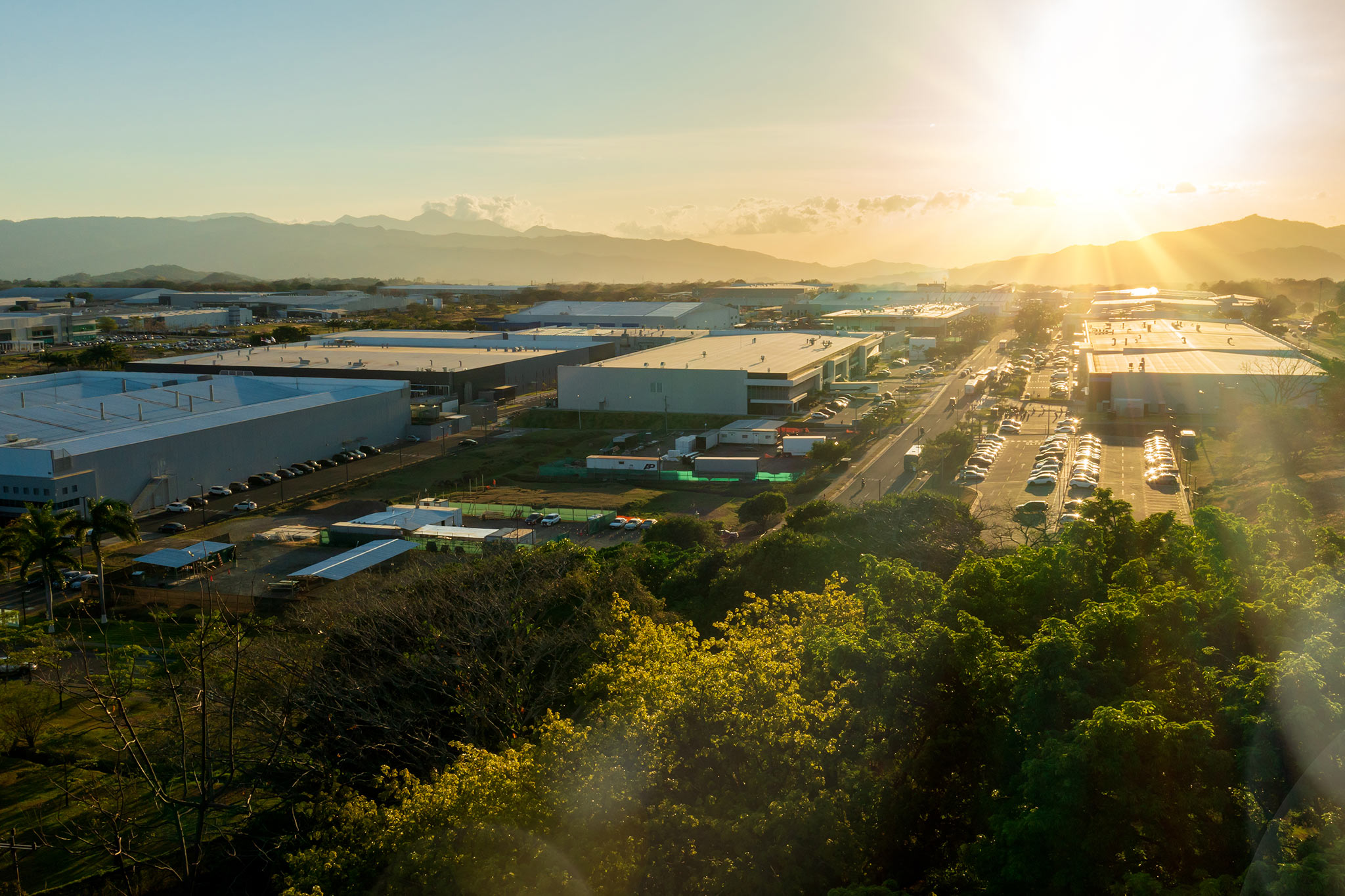Coyol Free Zone: the pillars of sustainability have been solid since our conception
For some time now, sustainability has taken a more relevant role in companies, which seek to impact their stakeholders in environmental, social, and economic dimensions. Such policies became an essential pillar for the growth of their businesses.
Many goals that until a few years ago were seen as groundbreaking, such as decarbonization and inclusion, are now an essential aspect of companies’ growth strategies.
At Coyol Free Zone, the pillars of sustainability have been solid since our conception, and have been reshaping the latest trends, not only to set the standard but to innovate in areas that are commonplace in the industry.
But where is the industry going in terms of sustainability trends? We spoke to Luis Fernando Vargas, Sustainability Coordinator of Coyol Free Zone, to give us light on this matter.
“We seek to innovate with modern sustainability trends, such as sustainable construction, circular economy, reuse of wastewater, green mobility, Diversity & Inclusion, and climate change management,” mentions Vargas.
Many of those measures aim at using resources efficiently, thus maximizing their utilization. “When efficient resource utilization processes lead to economic returns, we speak of a truly effective circular economy model,” adds Vargas.
Other efforts point to sustainable mobility, which has recently focused on the transportation of the Park’s workforce.
For instance, with our project Ride Coyol , we reduce fossil fuel consumption in the Park, while giving transportation to more than 14,000 people. Users also save nearly 9 tons of paper per year, when paying for the service through a digital platform instead of using paper tickets.
 |
 |
 |
 |
 |
|---|---|---|---|---|
|
92.230 kWh of energy generated by solar panels. |
1,300 m3 of wastewater managed per day at the treatment plant. |
+2000 trees planted for conservation processes. |
100% of solid construction waste is separated or adequately treated. |
19.73% of the total area
of the Free Trade Zone is LEED certified. |
The actions for a more sustainable future
Coyol Free Zone seeks to innovate with modern sustainability trends that will set the standard for years to come.
|
Technology also plays a big role in sustainability for the future. Smart manufacturing companies innovate constantly, using fewer resources for production and service delivery, increasing their efficiency
“High-tech is fundamental because it helps us to be less dependent on natural resources,” explains Vargas.
Read more about: 31 Leading Global Life Sciences and Advanced Manufacturing Companies
Coyol Free Zone’s clients and suppliers also advocate for the creation of safer and happier work environments where individuals are equally valued contributors.
Sustainability policies need to be constantly updated and adapted to the reality of the country and society. Coyol Free Zone revisits its guidelines every year and makes them public through its annual Sustainability Report, which you may access by clicking here.

